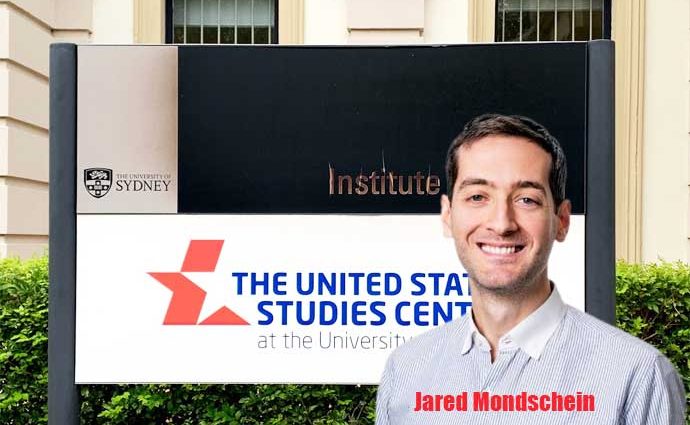While the Australian economy has been strong for decades, the future trajectory is grim without a pivot toward innovation, a new report from the United States Studies Centre (USSC) shows.
The report, The role of US innovation in securing Australia’s economic future, points to concerning trends indicating stunted growth without a concerted effort to course-correct for innovation.
“Australia enjoyed prosperity fueled by strong exports of natural resources, but economic complexity is the key to economic resilience,” report author and USSC Senior Advisor Jared Mondschein points out. “Amid an economic downturn, a global shift away from the trade of goods, and deepening geopolitical tensions – resilience necessitates embracing knowledge-intensive services.”
This USSC report details the winners (knowledge-intense services, agile workforces and advanced economies) and losers (goods trade and unskilled labour) in the economy of the future. In response to this, Mondschein highlights the need for domestic reforms – ranging from creative incentives for use by state governments to stability in the R&D Tax Incentive – as well as international efforts, particularly regarding future technologies.
“Today, the United States is the largest foreign investor in 14 of the 19 sectors in the Australian economy, including those most important for future growth. US firms in Australia on average hire more, pay more in wages, add more value to industry than Australian and other foreign firms. Beyond this, the United States is Australia’s largest services trading partner.”
“No single country invests in or imports more of Australian innovation. Australia needs to build upon this strong foundation,” Mondschein says.
Fifteen years after the Australia-United States Free Trade Agreement (AUSFTA) came into effect, Mondschein urges the removal of lingering barriers to US-Australian trade and investment. “Much of the technology we use today didn’t even exist when the free trade agreement came into effect. Australia needs a ‘skinny deal’ with the United States for e-commerce so innovative firms in both countries can more seamlessly operate.”
This unique advantage Australia has in dealing with its largest foreign investor shouldn’t be ignored, according to the report. “Australia has leverage because it is a trusted friend of the United States. Ignoring this is doubling-down on a stagnant economy and Australia simply can’t afford to do that in the current economic crisis,” Mondschein concludes.
REPORT RECOMMENDATIONS:
- Actively seek out and support foreign anchor firms, not just small and medium enterprises
- Actively seek out and support foreign venture capital in Australia
- Expedite “skinny deal” with the United States on e-commerce
- Increase discussions on foreign investment and foreign interference legislation
- Utilise technology standards bodies and negotiations
- Support more regular analysis of Australian inbound and outbound investment
- Reconsider a patent box
- Increase skilled visas to benefit from closed borders elsewhere
- Maintain and stabilise the R&D Tax Incentive (RDTI)
- Use stamp duty waivers as incentives
Similar Posts by The Author:
- BAPS temple vandalism critic Canadian MP Chandra Arya on Pannu’s radar
- Dutton asks Albanese to sack Andrew Giles
- Victorian Liberals and Nationals demand Royal Commission into CFMEU misconduct under Labor
- Peter Khalil welcomes more funding for emergency accommodation and support for women and children in Wills
- Dogged Vic government powering ahead with the Suburban Rail Loop

